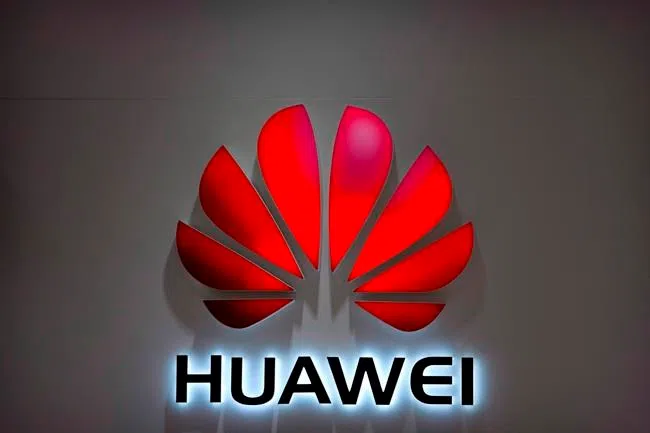
China retaliation against Canadian companies unlikely for now: experts
VANCOUVER — Fears of retaliation against China-based staff of Canadian companies in the wake of a Chinese tech exec’s arrest in Canada are overblown at the moment, but experts say that could change if the situation escalates.
Meng Wanzhou, CFO of Chinese telecom giant Huawei Technologies, was arrested at Vancouver’s airport while in transit on Dec. 1. and faces extradition to the United States on unspecified charges.
Chinese officials have demanded her release, and the incident has sparked speculation that China could retaliate by arresting Canadians working abroad in the country, as many large Canadian corporations have offices or retail outlets there.
However, it’s too soon to think about possible retaliatory measures, experts say.
